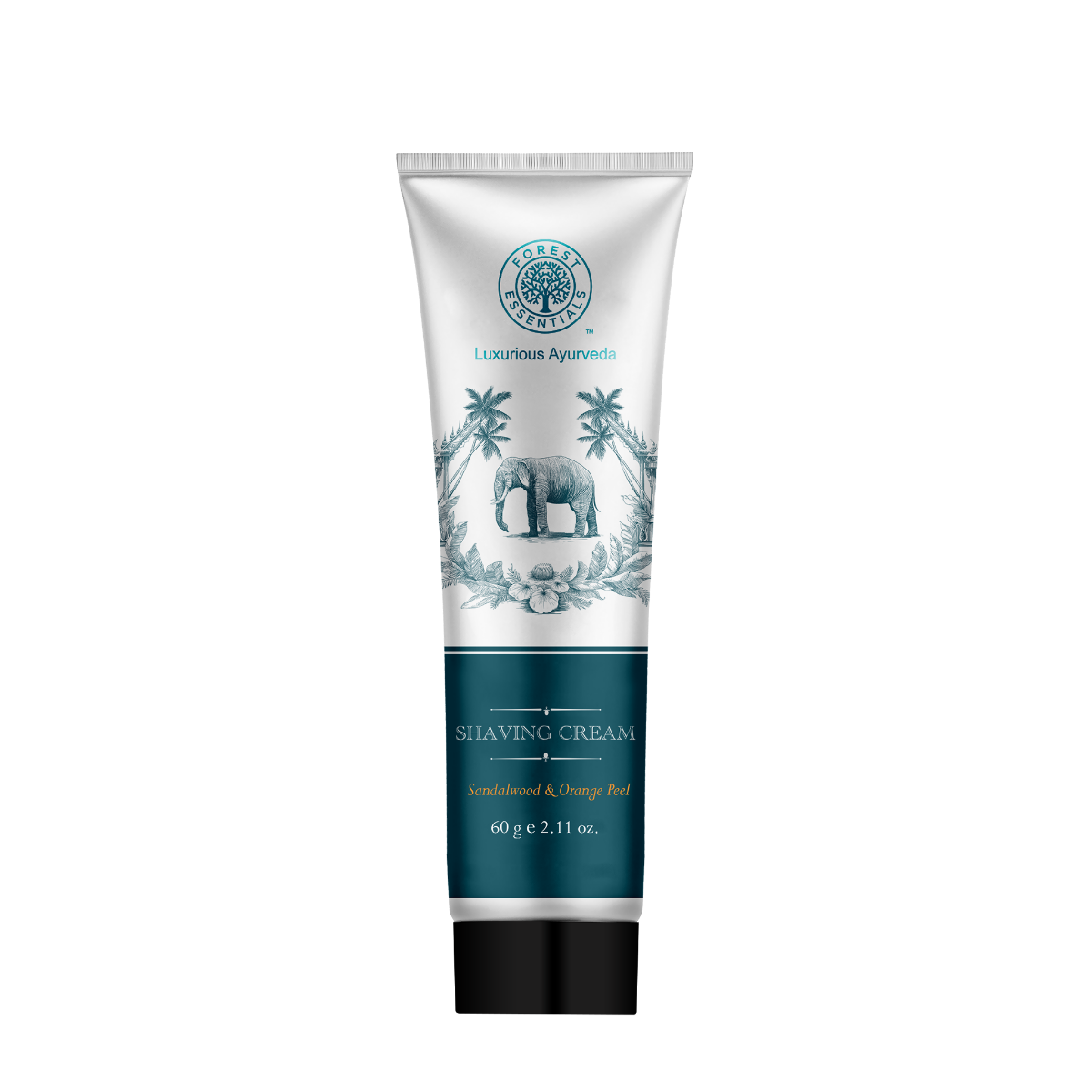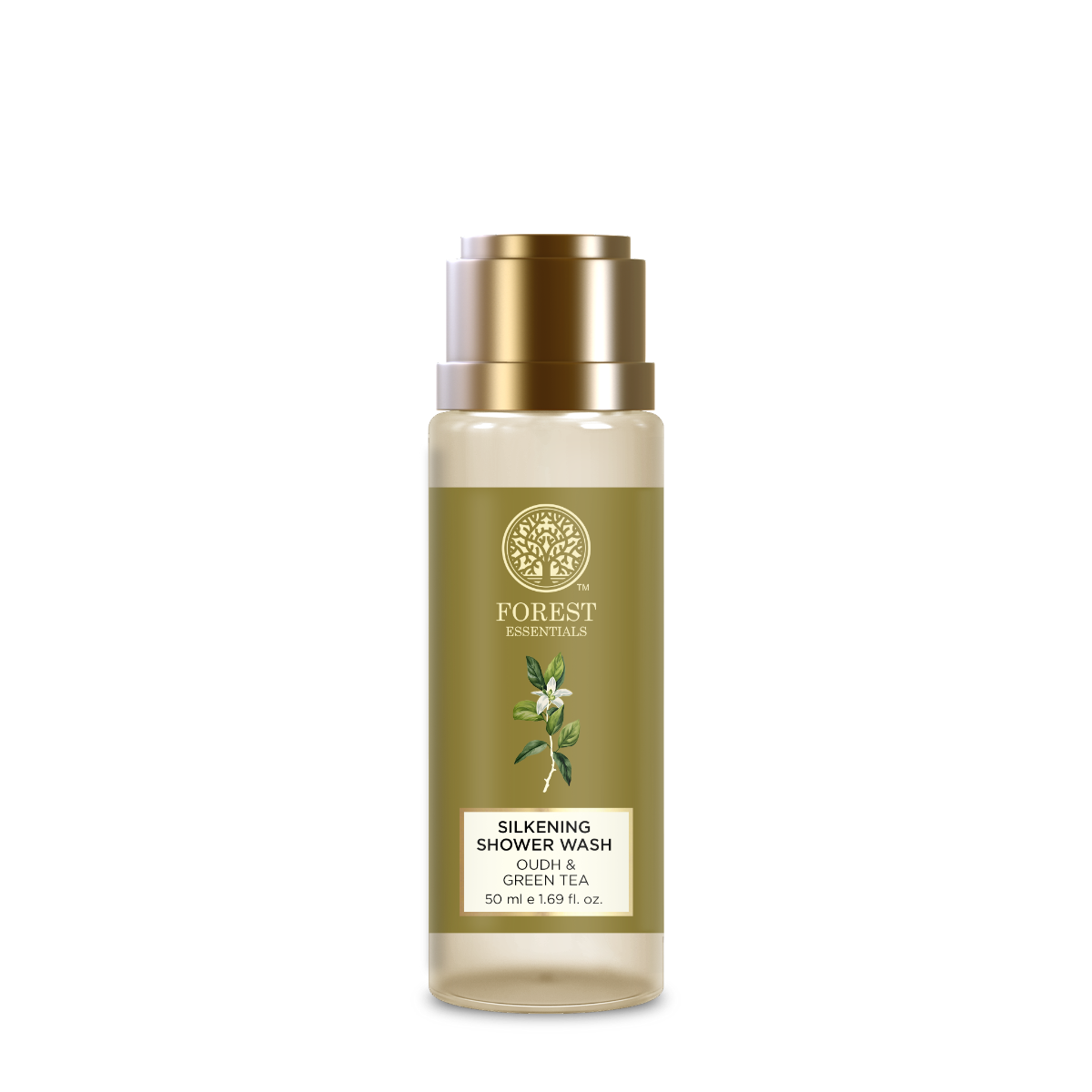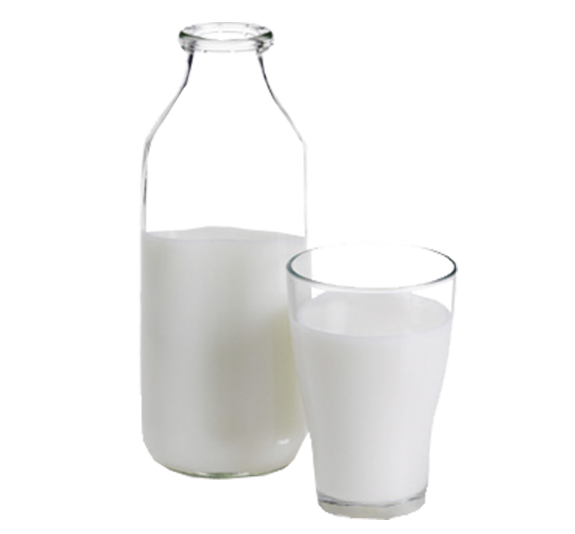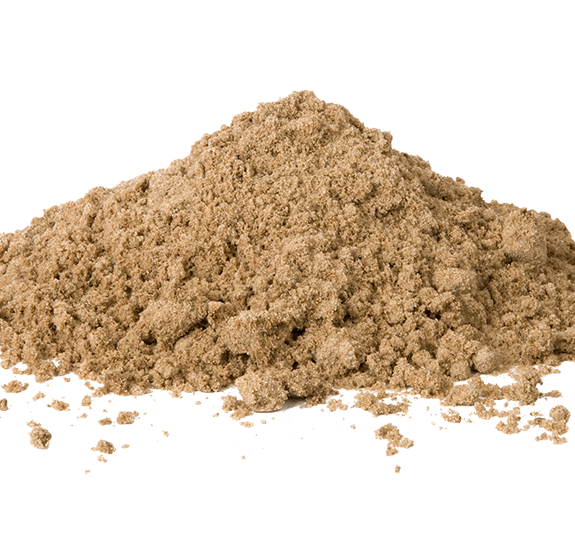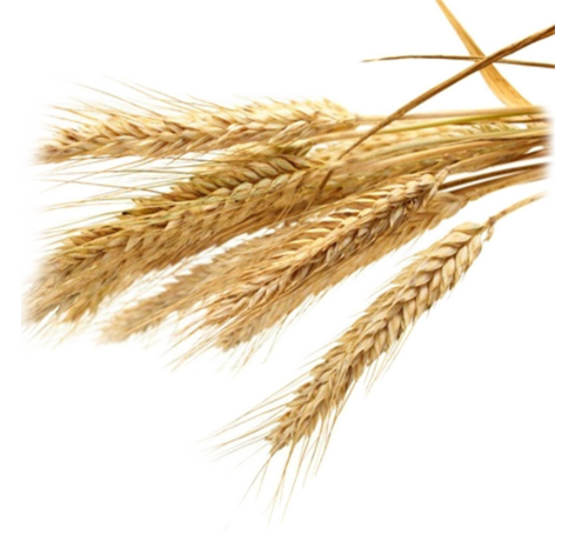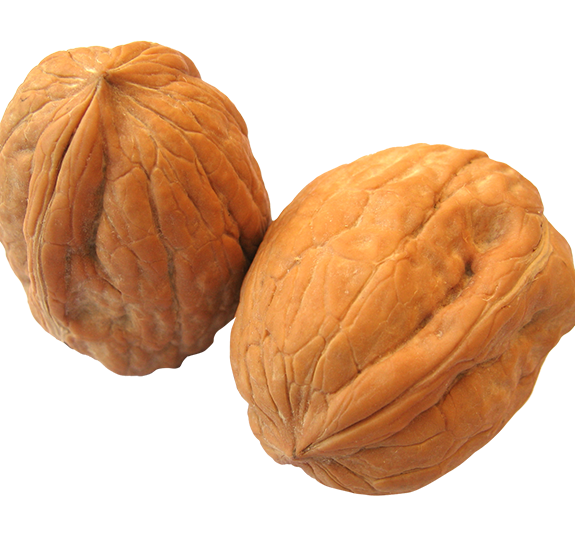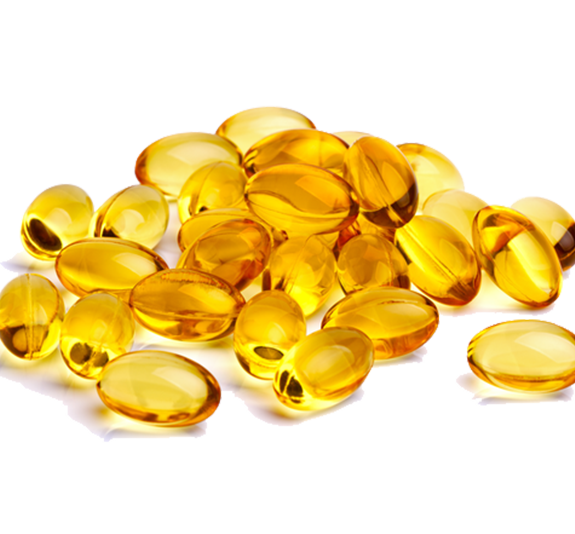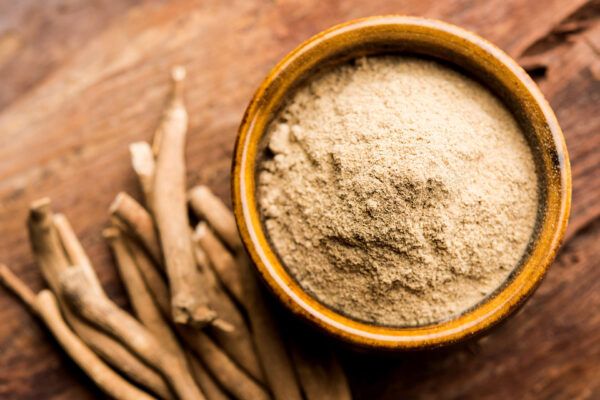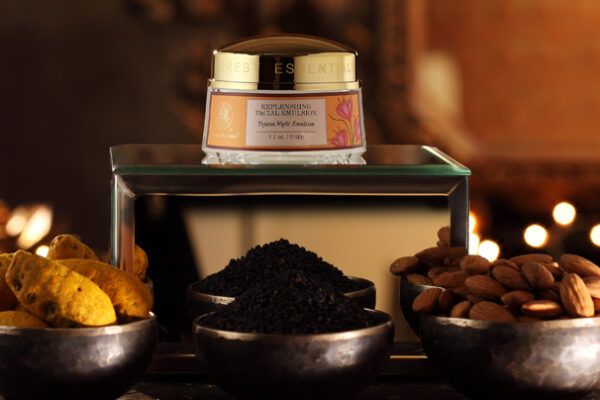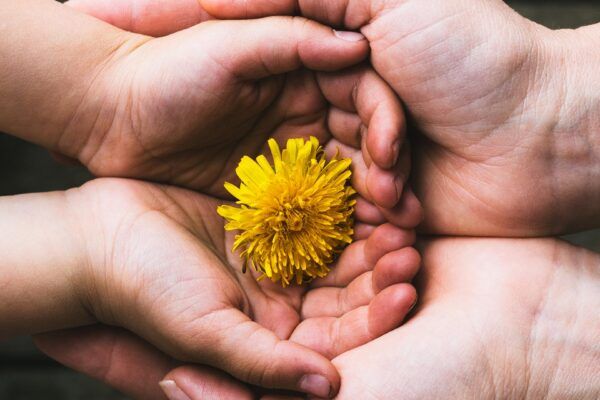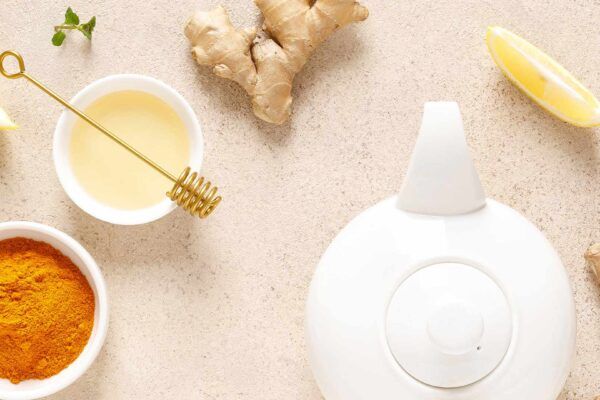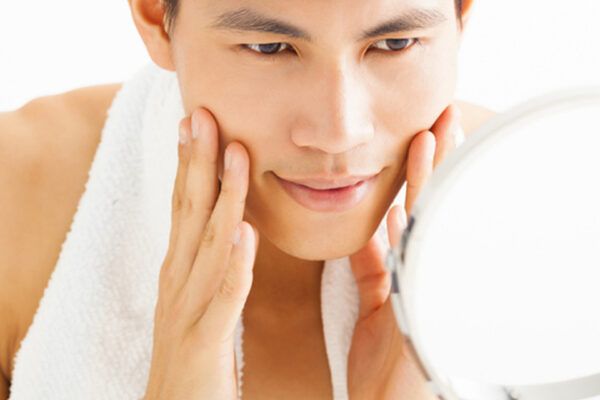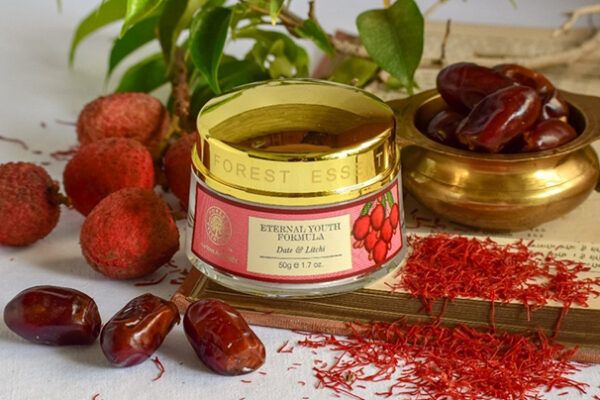Ashwagandha
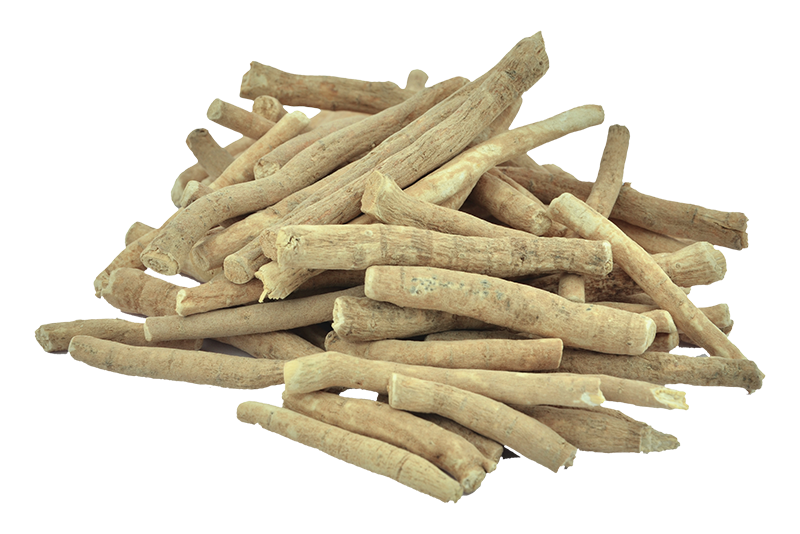
The renowned adaptogenic herb, Ashwagandha is a highly regarded Rasayana i.e. a rejuvenating herb in Ayurveda, which helps the body manage physiological and psychological stress by adapting to the needs of the body. By supporting many tissues and body systems, including the immune system, nervous system, reproductive system, gut health, hormonal flow in the body, and skin and hair health, Ashwagandha deeply nourishes the body and rejuvenates the complete body and mind. It is also an energy-stimulating power herb that enhances immunity and stamina.
A super-food for the skin and body, Ashwagandha is effective and promotes healthy skin and lifestyle. It is rich in bioactive principles such as withanolides, saponins, and alkaloids that deeply cleanse, moisturize and calm the skin.
Ayurvedic view on Ashwagandha
गन्धान्ता वाजिनामादिरश्वगन्धा हयाद्वया। वराहकर्णी वरदा बलदा कुष्ठगन्धिनी ||
अश्वगन्धाऽनिलश्लेष्मश्वित्रशोथक्षयापहा । बल्या रसायनी तिक्ता कपायोष्णाऽतिशुक्रला ॥ -भावप्रकाशAshwagandha is regarded as an important herb in Ayurveda and belongs to two groups namely “Balya” (strengthening) and “Bhruhaniya” (nourishing). It alleviates signs of anxiety due to its rasayana and vata balancing properties, which also make it a great herb for managing high sugar levels in the body. The aphrodisiac properties help in improving stamina and provide necessary strength to the body. It stabilizes the body’s response to stressful conditions. Ayurveda puts caution towards the use of Ashwagandha during pregnancy, so it should be used under an expert’s guidance.
Ayurvedic Attributes of the herb:
- Guna (Qualities): Laghu (light), Snigdha (oily)
- Rasa (Taste): Madhur (sweet)
- Uprasa (Sub-taste): Tikt (astringent), Katu (bitter)
- Vipaak (Post digestive effect): Madhur
- Veerya (potency): Ushna (hot)
- Dosha karma (properties): Kapha-Vata Shaamak
Different Ways to Use Ashwagandha
As a face pack for mature skin
Ashwagandha powder mixed with honey or milk can be used for topical application, as it helps in the production of natural skin oils. It is also known to aid in the production of skin-enriching compounds like elastin (suppleness) and collagen (strength).
As an oil for massaging the dry skin
Massaging your skin gently using ashwagandha oil twice or thrice a week can benefit your skin tremendously by balancing Vata Dosha and providing ample nourishment to the deeper tissues under the skin.
As a sleep-inducing drink
Having half a tsp of Ashwagandha powder mixed in a glass of warm milk before going to bed induces deep sleep.
As a tonic
To add strength and stamina in the body and tissues, half a tsp of Ashwagandha powder can be taken with half a spoon of ghee or half a spoon of honey, twice a day.
As stress-relieving Tea
Ashwagandha powder or roots can be added to a cup of hot water to make a stress-relieving Tea, that can be taken twice a day to destress and relax.
Ashwagandha for different skin types and concerns
Ashwagandha for Oily Skin
Ashwagandha naturally prevents the secretion of oil, due to which the problem of oily skin is reduced. The ingredients of Ashwagandha make the skin calm, clean, and oil-free, without stripping off the essential moisture from your skin.
Ashwagandha for Dry and Dull Skin
The root of the plant contains hyaluronan – a natural variant of hyaluronic acid, which naturally boosts hydration, making skin appear smoother and plumper. The face pack made by mixing Ashwagandha powder, licorice powder, a few drops of almonds, and milk, is helpful in treating dry and dull skin.
Ashwagandha for Acne and Breakouts
Due to its anti-microbial and anti-inflammatory properties, it is found effective in treating acne. It contains withanolides, which help in deep cleansing the dirt, grime, and other impurities from your skin tissue, thus preventing different types of acne.
Ashwagandha for skin stress
Our skin meets a number of stressors on a daily basis. Environmental pollution, sun exposure, unhealthy diet, and emotional stress are causative factors for a host of skin problems, including pigmentation, and dull and lusterless skin. Ashwagandha helps manage the effects of internal and external stressors, as it contains alkaloids and lactones that give it its anti-stress properties.
Ashwagandha for signs of ageing
Being rich in antioxidants, Ashwagandha can be your best aid to fight signs of ageing. It promotes reparation, provides deeper nourishment, and aids cell renewal mechanisms in your skin by boosting collagen production.
Things to avoid
Ashwagandha is relatively safe when taken in small doses. But in some cases, excessive usage of Ashwagandha can lead to side effects such as sleepiness, headache, upset stomach, Hypotension, Hypoglycemia, allergic reactions and Thyroid problems (hyperthyroidism). Pregnant females should avoid it.
FAQs:
What is Ashwagandha good for?
Apart from the aforementioned beauty benefits, the root of Ashwagandha in Ayurveda is advised for rheumatoid arthritis, leucoderma, constipation, insomnia, and anxiety.
It is also considered an elixir to enhance brain function by reversing the effects of ageing and promoting antioxidant activity. It is also known to reduce oxidative stress in your brain, boost memory, fine-tune task performance and increase attention spans.
Is Ashwagandha safe?
Most Ayurvedic herbs have been found to be safe for daily use, however, it is always recommended to consult an Ayurvedic Doctor for the dosage and duration of a particular herb intake or its application.
Can we apply ashwagandha on the face daily?
Ashwagandha powder can be used on the skin 2-3 times a week in conjunction with other mixtures after understanding the skin requirements and concerns.
References –
https://www.ncbi.nlm.nih.gov/pmc/articles/PMC7096075/
https://www.ncbi.nlm.nih.gov/pmc/articles/PMC3252722/
https://www.spandidos-publications.com/10.3892/ijmm.2018.3608
https://www.researchgate.net/publication/303343480_Studies_of_Ashwagandha_Withania_somnifera_Dunal




